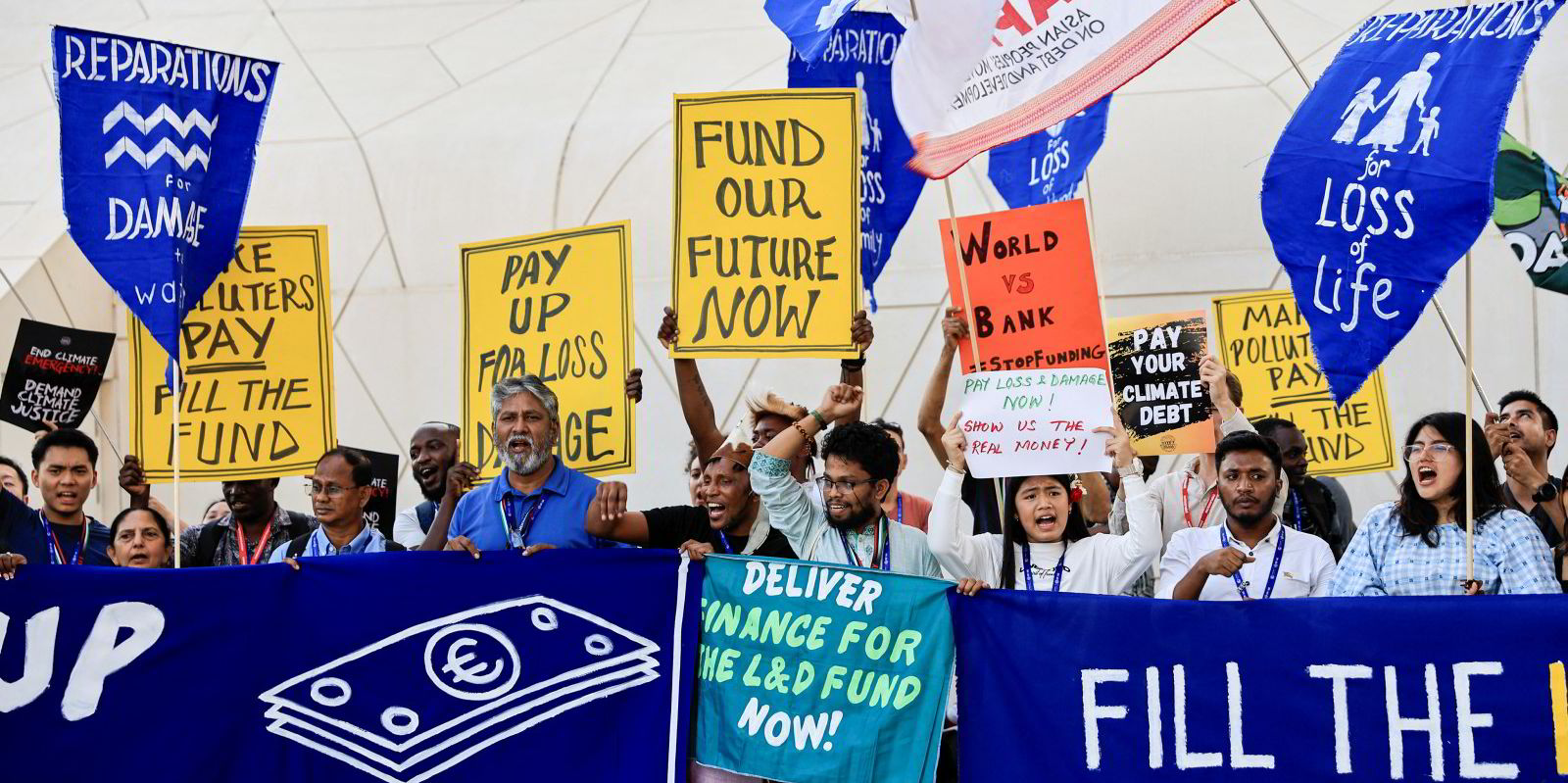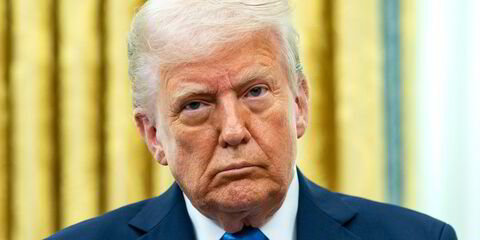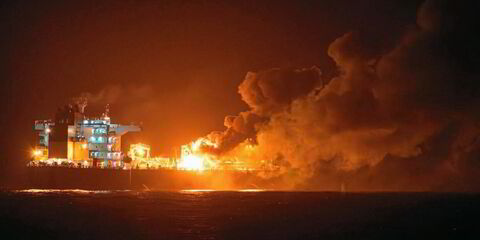It was only two years ago that the International Maritime Organization found itself under pressure at the annual United Nations climate conference in Glasgow for dragging its feet.
Now, global leaders are meeting for COP28 in Dubai at a time when the IMO instead looks to be ahead of the broader global commitments, after adopting a new target of net zero by around 2050 and indicative checkpoints along the way.
Let’s look at the scoreboard.

In September, TradeWinds reported that analysis by consultancy UMAS estimated that the IMO’s new greenhouse gas strategy is lined up with capping global warming at about 1.6C.
Sure, that is not aligned with the Paris Agreement’s goal of halting global temperature rises at 1.5C, but it is pretty close.
According to a report in December by the UN Climate Change secretariat, adding up all of the national commitments leading up to COP28 suggests a temperature peak of 2.1C to 2.8C in this century.
Those national action plans will have to be amped up if the world is to rein in climate change.
That is not to say that shipping does not have work to do at COP28. Every fraction of a degree matters and the IMO goal is just that — a goal that still requires policy mechanisms to be put in place for it to become reality.
My colleague Paul Peachey is on the ground in Dubai covering the event for TradeWinds, and other members of the team are covering it as well.
_____________
Hoegh Autoliners strikes deal to fill ammonia supply gap
Hoegh Autoliners will work with Japan’s Sumitomo Corp to investigate the supply of clean ammonia for bunkering hubs in Singapore and the US by 2027, as Paul Peachey writes.
The Oslo-based shipowner will receive the first of 12 new ammonia and methanol-capable dual-fuel ships from 2024 and is looking to bolster the fuel infrastructure and supplies to service the vessels in Singapore and Jacksonville, Florida.
The companies announced at COP28 that they will assess the suitability of ammonia bunkering facilities at the two ports for Hoegh Autoliners’ new pure car/truck carriers. They will work with local authorities and look at ship-to-shore and ship-to-ship refuelling options.
____________
Opinion: COP28 needs to look beyond the engine and focus on the availability and scalability of fuels
American Bureau of Shipping chief executive Christopher Wiernicki writes in the Viewpoint opinion piece that, as all eyes turn to Dubai, the magnitude of the clean energy shipping challenge before us is daunting.
But you can pretty much boil it down to our ability to drive down costs and drive up efficiencies in two critical technologies: electrolysers and carbon capture.
Ultimately, our ability to harness clean energy to split water into oxygen and green hydrogen via electrolysis at scale, and to efficiently trap CO2 from fossil fuel emissions and produce blue hydrogen via carbon capture technology, are going to be the defining challenges.
____________
Pertamina International Shipping ties up with Karpowership at COP28
Indonesia’s Pertamina International Shipping has teamed up with Karpowership of Turkey to develop sustainable energy infrastructure, Lucy Hine reports.
The two companies said they signed a general partnership agreement during COP28 to explore and implement initiatives to boost Indonesia’s energy landscape.
____________
Podcast: Will mining the seabed help or hurt the environment?
There has been a standoff in the Pacific Ocean between Greenpeace activists and The Metals Co.
The Canadian organisation is carrying out an expedition on the 4,000-dwt platform supply vessel Coco (built 2022) to collect data for its plans to begin mining the ocean floor for polymetallic nodules.
But the environmental group wants to stop this industry before it even starts.
Is deepsea mining a threat to untouched underwater wilderness? Or is it a way to obtain the metals needed to make batteries to electrify industries with a lower impact than mining on land?
The Green Seas podcast explored those questions in interviews with The Metals Co chief executive Gerard Barron; Louisa Casson, global project leader for Greenpeace’s Stop Deep Sea Mining campaign; and Birgit Liodden, chief executive of The Ocean Opportunity Lab.



